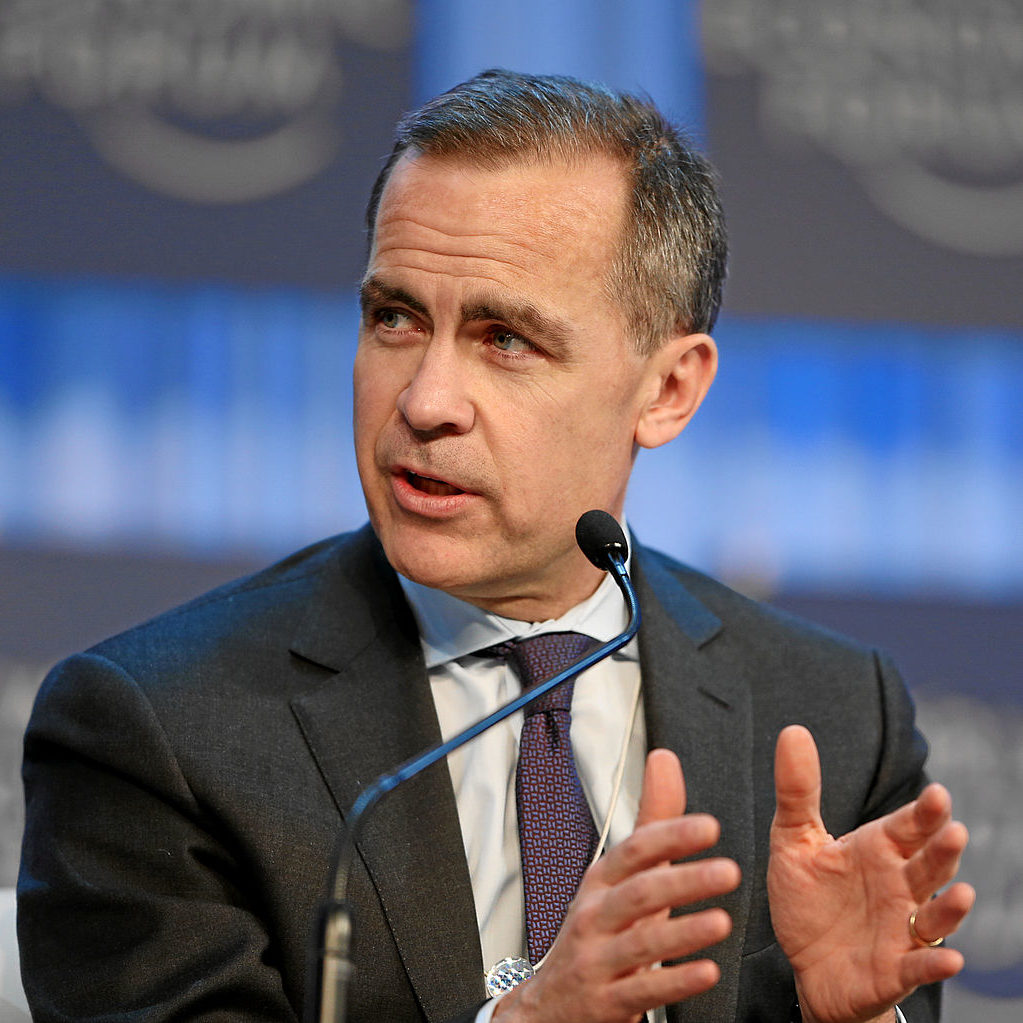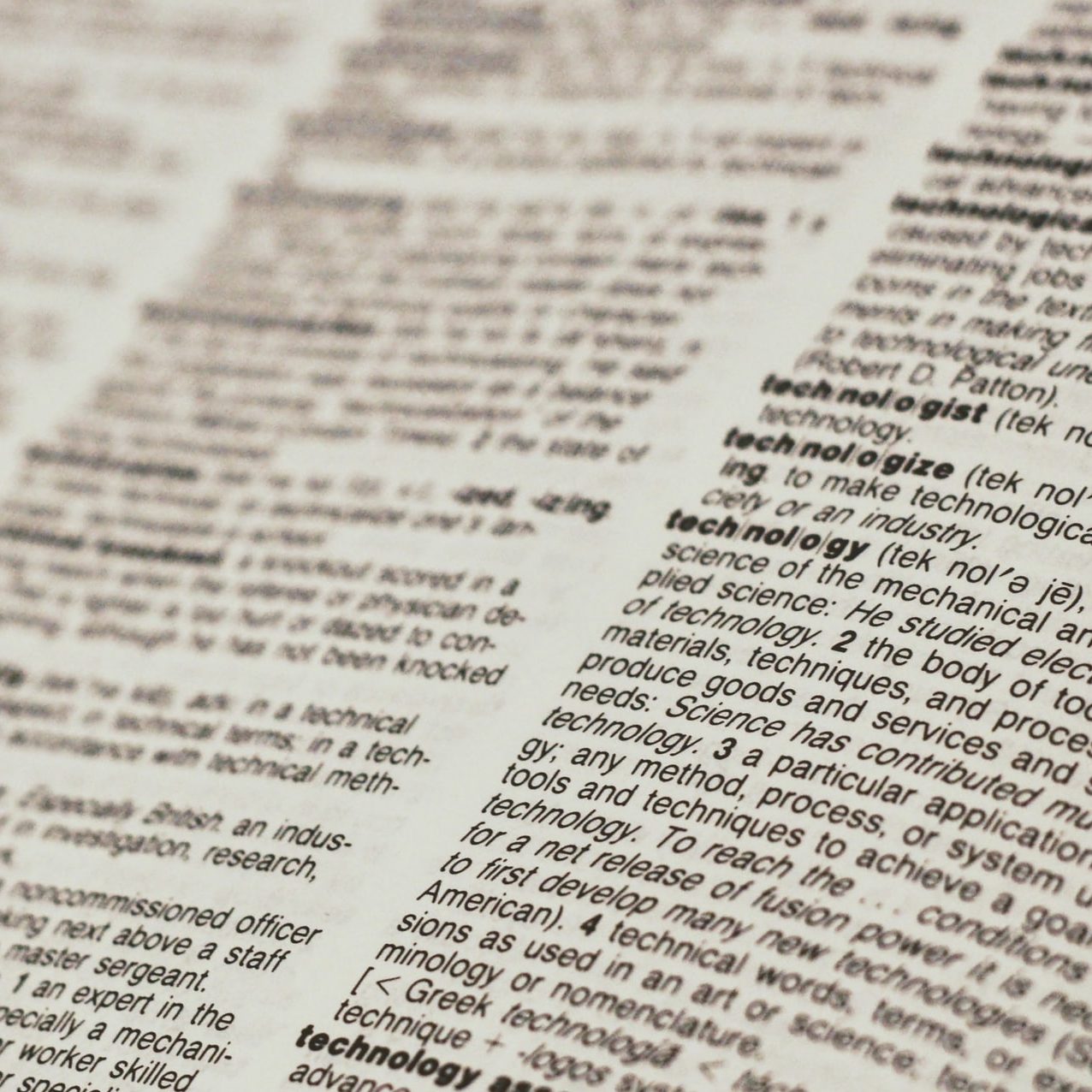
Initial research paper from the UN Climate Change High-Level Climate Champions, Global Canopy, The Accountability Framework initiative, WWF and the Science Based Targets initiative.

Why net zero needs deforestation now
Analysis from the UN Climate Change High-Level Climate Champions, Global Canopy, The Accountability Framework initiative and the Science Based Targets initiative shows over 90% of major forest, land and agriculture companies that have committed to net-zero could be at risk of missing their climate commitments due to a lack of action on deforestation.
To read the full report, please click here.

This report highlights views and practices that are emerging from the financial sector with respect to the application of Paris alignment, net zero, and the theme of ‘real economy impact’.

How can net zero finance best drive positive impact in the real economy?
This report highlights views and practices that are emerging from the financial sector with respect to the application of Paris alignment, net zero, and the theme of ‘real economy impact’.
It introduces an illustrative sample of relevant research and literature, for example, emerging distinctions between impact alignment and impact generation and investor impact and company impact, to help inform discussions.
Authors: Ben Caldecott, Jakob Thomae, James Mitchell and Matt Scott.
Read the full report here.

This discussion paper explores the importance of nature in addressing climate change and the role of finance in supporting a nature positive and net zero economy.

How can finance help address our dual climate and nature crises?
The Finance Sector Expert Group for Race to Zero and Race to Resilience (“FSEG”) was established in 2021 by the UN High-Level Champions for Climate Action (the “Champions”) to advise them on consistent, fair, and rigorous interpretation guidelines of the Race to Zero and Race to Resilience criteria for the finance sector.
This discussion paper explores the importance of nature in addressing climate change and the role of finance in supporting a nature positive and net zero economy. This is a critical issue to ensure finance can make a meaningful and proportional contribution to supporting the Paris Agreement.
Authors: Margaret Kuhlow, Charlie Dixon, Ana Lima, Emily McKenzie, Sue Reid, Robin Smale and Wang Yao. Supported by the UNFCCC High-Level Climate Champions
Click here to read the publication.

The High Level Climate Champions and the ocean community have signed the Ocean for Climate Declaration: a call to governments and non-state actors to scale up ocean-based climate solutions and action. Click here to read the Declaration.

The Ocean for Climate Declaration
The High Level Climate Champions and the ocean community have signed the Ocean for Climate Declaration: a call to governments and non-state actors to scale up ocean-based climate solutions and action.
Click here to read the Declaration.

These are the systems transformations required to limit global warming to 1.5°C. Report by the UN High-Level Climate Champions, Climate Action Tracker, ClimateWorks Foundation, Bezos Earth Fund and World Resources Institute.

State of Climate Action 2021
Transformations must occur across every sector at far faster pace than recent trends to keep the window open to achieve the Paris Agreement’s goal to limit global warming to 1.5°C, according to this Systems Change Lab report authored by the UN High-Level Climate Champions, Climate Action Tracker, ClimateWorks Foundation, Bezos Earth Fund and World Resources Institute.
Read the report here.

The Champions have worked over the past year to enhance integrity and track the progress and impact of commitments made by businesses, investors, cities, states and regions and initiatives.

Overview of Integrity Measures for UN Climate Change High-Level Champions’ Campaigns
The Champions have worked over the past year to enhance integrity and track the progress and impact of commitments made by businesses, investors, cities, states and regions and initiatives. A summary of this work, including metrics and tools to measure the efficacy of actions to boost resilience, can be found this factsheet, published November 11.
These efforts serve as a source of credible evidence on how actors are following through on their commitments ahead of the Paris Agreement’s Global Stocktake in 2023.
In direct response to the Champions’ five-year plan, leading members of the Marrakech Partnership committed to fully support its implementation with a public declaration, representing their “pledge “to do everything we can to bridge this gap, and keep a 1.5°C temperature limit within reach.”

Camda for credible climate action (a community of experts focused on climate action methodologies, data, and analysis) was created in 2017 in response to a call from the Executive Secretary of the UNFCCC.

Camda Climate Action Data 2.0 Declaration
Camda for credible climate action (a community of experts focused on climate action methodologies, data, and analysis) was created in 2017 in response to a call from the Executive Secretary of the UNFCCC. The community aims to assess the impact of climate action collectively and to track ambition and progress made by subnational and non-state actors (e.g., regions, cities, businesses, investors, corporations, and civil society initiatives) in the context of the Paris Agreement.
Climate Action Data 2.0 is a Camda workgroup that is committed to developing and adopting more comprehensive datasets and a suite of methods that will enable improved metrics and criteria to inform target setting and progress tracking. These metrics and data will continue to enhance the transparency, accountability, and credibility of global climate action related to mitigation and finance as well as indicators to drive resilience action.
Read the declaration here.

The Glasgow Financial Alliance for Net Zero (GFANZ), chaired by Mark Carney, UN Special Envoy on Climate Action and Finance, unites over 160 firms (together responsible for assets in excess of US$70 trillion).

GFANZ Primer
The Glasgow Financial Alliance for Net Zero (GFANZ), chaired by Mark Carney, UN Special Envoy on Climate Action and Finance, unites over 160 firms (together responsible for assets in excess of US$70 trillion) from the leading net zero initiatives across the financial system to accelerate the transition to net zero emissions by 2050 at the latest.
GFANZ will work to mobilize the trillions of dollars necessary to build a global zero emissions economy and deliver the goals of the Paris Agreement.
GFANZ will provide a forum for strategic coordination among the leadership of finance institutions from across the finance sector to accelerate the transition to a net zero economy.
All initiatives in GFANZ require signatories to set science-aligned interim and long-term goals to reach net zero no later than 2050 in line with Race to Zero’s criteria. These goals are supplemented by member-determined short-term targets and action plans.
To read the publication, please click here.

As net zero commitments proliferate, the refined criteria outline the minimum standard for initiatives of businesses, investors, cities, regions and universities for robust and credible net zero commitments.

Race to Zero Criteria 2.0
The Race to Zero criteria and review process serve two purposes. First, they ensure the credibility of the campaign by laying out clear benchmarks for Partners and Members based in science and best practices. Second, Race to Zero aims to support all actors to set strong targets and work together to improve them over time, including by developing common approaches to outstanding questions. Our vision is a ‘race’ that everyone can join and, together, win.
The High–level Climate Champions, backed by the UNFCCC, require that the commitments brought forward by networks and initiatives recognized in the Race to Zero campaign meet a minimum set of common criteria:
– “Starting Line” criteria define procedural steps for all actors in the Race to Zero
– “Leadership Practices” define substantive areas where networks and initiatives must at least reach the current frontier of best practice, and indicate how leaders can push beyond it.
To read the publication, please click here.

This document provides additional guidance regarding how the Expert Peer Review Group interprets the Race to Zero criteria.

Race to Zero Interpretation Guide
This document provides additional guidance regarding how the Expert Peer Review Group interprets the Race to Zero criteria. It also seeks to provide additional clarity and transparency regarding the Race to Zero application and review process.
Given the complexities of applying the broad Race to Zero criteria in a consistent and fair way across the many different entities joining Race to Zero, the Expert Peer Review Group uses these interpretation points as “rules of thumb” that guide the deliberation and judgement each case requires.
To read the publication, please click here.

Race to Zero partners and stakeholders have identified a need to clarify and work towards harmonizing our language regarding the transition.

Race to Zero Lexicon
Race to Zero partners and stakeholders have identified a need to clarify and work towards harmonizing our language regarding the transition. This document, prepared by the Race to Zero Expert Peer Review Group, attempts to clarify some of the key terms we often use.
We note, however, that Race to Zero partners currently use these terms in various ways. The aim of this lexicon is not to mandate standardization, but rather to suggest opportunities for convergence as a way to reduce communication friction and improve understanding across our community.
To read the publication, please click here.

The High-Level Climate Champions require that the commitments brought forward by initiatives recognized in the Race to Resilience campaign meet a minimum set of Procedural criteria.

Race to Resilience Criteria
The High-Level Climate Champions require that the commitments brought forward by initiatives recognized in the Race to Resilience campaign meet a minimum set of procedural criteria.
Race to Resilience will evolve these criteria with partners to ensure it has suitable levels of robustness, and this will be finalized in the course of 2021. The Champions will also review these criteria in consultation with participants in the Race to Resilience
To read the publication, please click here.

To help catalyze action, the “2030 Breakthroughs” pinpoint specific tipping points for every sector. Collectively, they articulate what key actors must do, and by when, to deliver the systems change we need to achieve a resilient, zero carbon world in time.

2030 Breakthroughs Paper
While significant change is already underway, it must accelerate in all areas of the economy and society in order to deliver a resilient zero carbon future in time.
To win the race to zero emissions by 2050, the world must achieve near term breakthroughs across every sector of the global economy.
Achieving these transformations at the pace and scale required will not be possible without alignment and collaboration. The individual efforts of regions, cities, businesses and investors taking climate action is critical — but racing in their tracks alone will only get us part of the way. We need coordinated action from different players across economic systems to achieve a genuine step-change in progress. This will in turn enable governments to go further and faster in their efforts to decarbonize, activating the positive ambition loop between state and non-state actors.
To help catalyze action, the “2030 Breakthroughs” pinpoint specific tipping points for every sector. Collectively, they articulate what key actors must do, and by when, to deliver the systems change we need to achieve a resilient, zero carbon world in time. This creates a shared vision for all the different players in a system, helping to spur action.
To read the paper, please click here.


